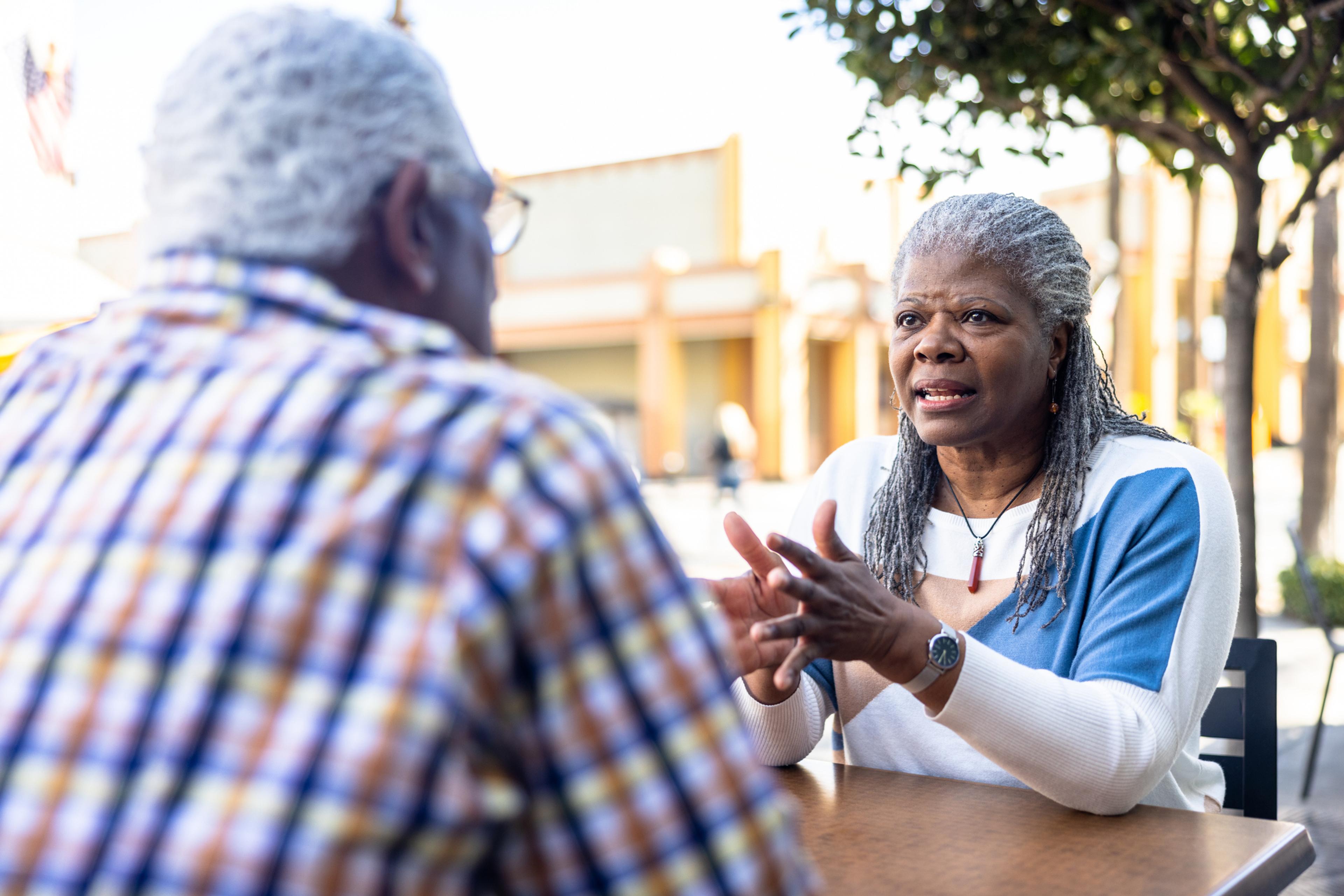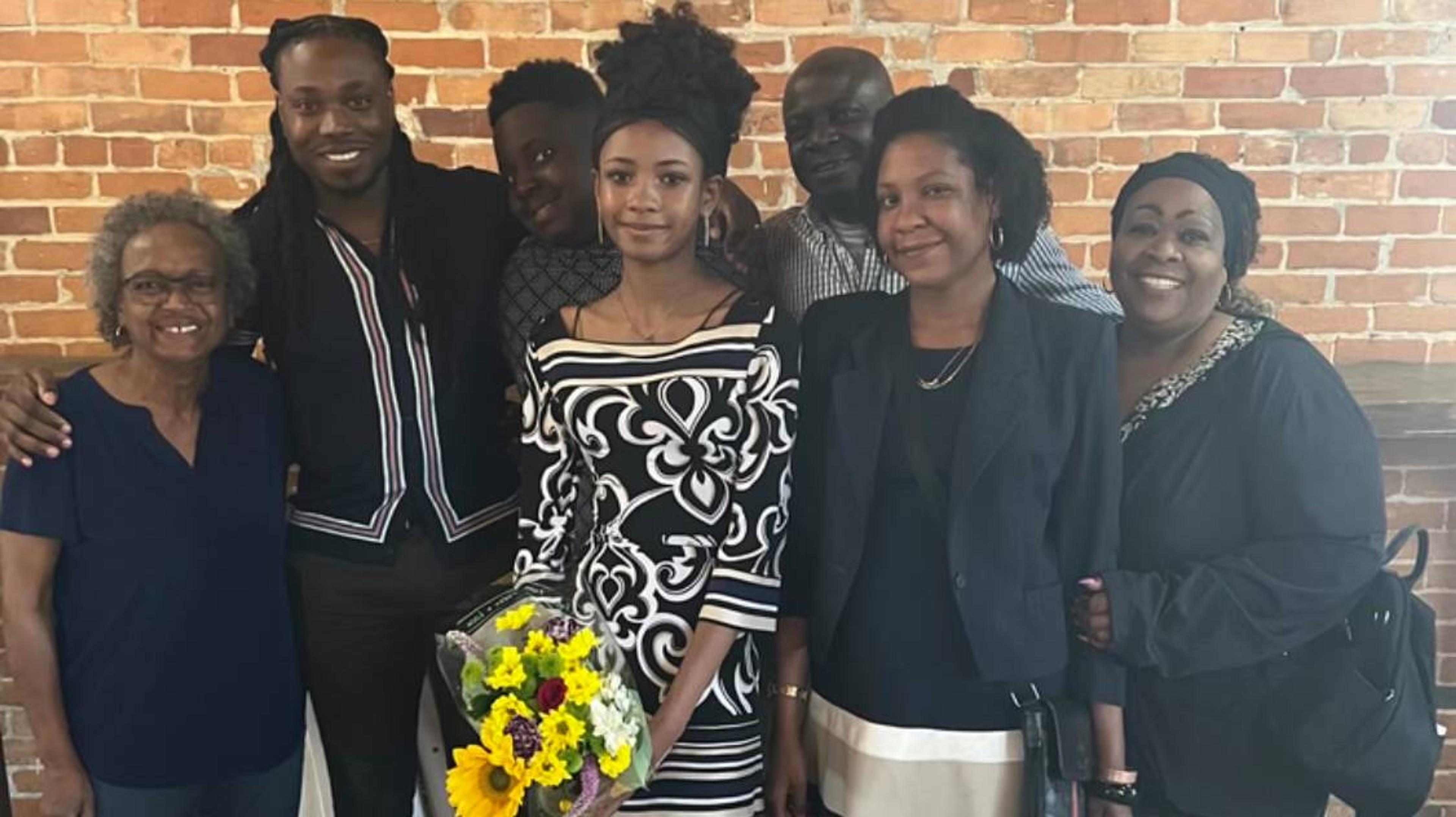How Kids and Seniors Can Keep Each Other Healthy

Dr. Raymond Hobbs
| 3 min read
Dr. Hobbs, MD, is a senior medical director in Utili...

The relationship grandparents and grandchildren share can have a significant impact on their physical, mental and emotional health. In September, also known as Healthy Aging Month, seniors are encouraged to participate in activities to improve their overall well-being. That includes strengthening familial bonds with relatives of all ages.
Here are some ways people, from all walks of life, may benefit from intergenerational relationships:
- Encourages Physical Activity: When caring for a child, seniors are more likely to be physically active and participate in leisure activities. This can lead to better blood pressure management, weight loss, a lower body mass index (BMI), as well as increased strength and flexibility. These interactions also promote socialization, which helps to reduce children’s screen time, making them more aware of their surroundings.
- Improves Mental Health: Having a strong grandparent-grandchild relationship significantly decreases the risk of depression in both parties. The exchange of ideas, beliefs and life lessons also boost mood and improve self-esteem.
- Extends Life Expectancy: One study found that older adults who provided occasional childcare lived significantly longer than those who didn’t. In fact, research shows that limited familial or societal contact and isolation directly impacts mortality and is linked to multiple chronic health conditions.
- Provides Emotional Support: Research shows that a child who has a close relationship with a grandparent is less likely to have behavioral or emotional problems. The grandparent acts as a built-in support system that provides love, guidance, knowledge, experience and additional structure.
- Sets a Positive Example: Grandparents are some of the earliest role models a child can have. Their actions can influence children’s behavior, as well as their likes and dislikes. By embracing a healthier lifestyle, grandparents set a positive example for their little ones to follow.
- Teaches Practical Skills: Today’s children have been exposed to computers, tablets and smartphones at a much earlier age than their predecessors. While it’s great to be technology savvy, there are many hands-on activities such as sewing, cooking and camping that are better explored through direct sharing.
Healthy Activities for All Ages
Look for activities that are fun and educational, with the potential to become lifelong hobbies. Explore each other’s interests but don’t be afraid to try something new. The key is choosing things both grandparents and grandchildren will want to stick with. Some examples of age-appropriate activities include:
- Board games
- Cooking
- Dancing
- Gardening
- Knitting
- Photography
- Playing an instrument
- Puzzles
- Reading
- Scrapbooking
Regardless of age, it’s important to have healthy and constructive habits. This includes eating a nutrient-rich diet, being active and attending regular doctor’s visits. It’s also critical to be up-to-date with one’s health coverage and have a clear understanding of everything included. Preventative care is essential to achieving and maintaining a better quality of life. Grandparents are in a unique position to help their grandchildren, and in turn, themselves. If you found this post helpful, you might also want to read:
- The Importance of Intergenerational Relationships
- How to Stay Social as a Senior
- Addressing Senior Health Disparities
About the author: Dr. Raymond Hobbs is a physician consultant at Blue Cross Blue Shield of Michigan.
Photo credit: Getty Images





